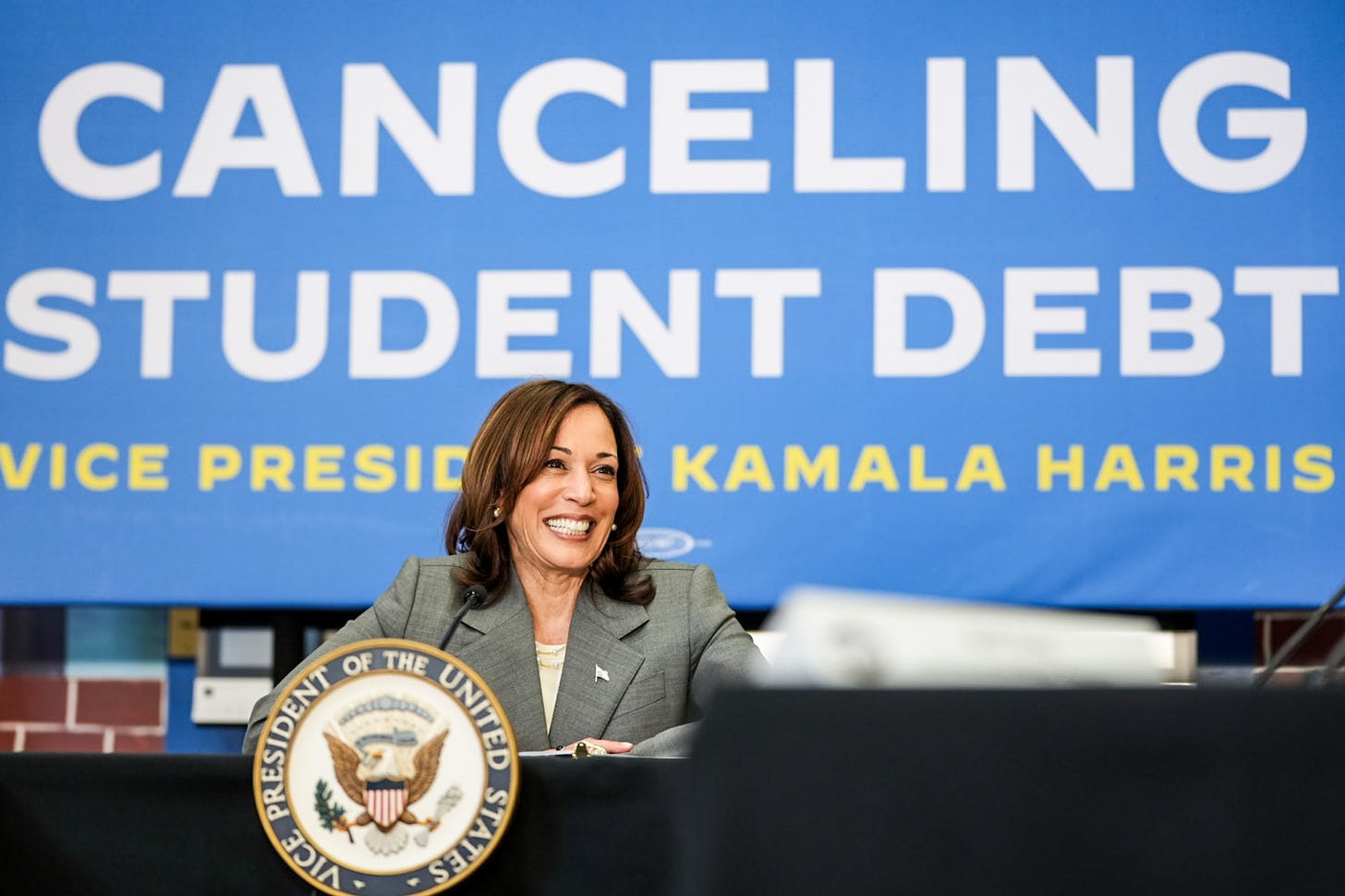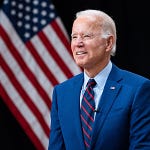President Biden's efforts on student debt relief were discussed during a press call led by White House Press Secretary Karine Jean-Pierre and U.S. Secretary of Education Miguel Cardona. They emphasized President Biden's commitment to rectifying the broken student loan system and ensuring education serves as a pathway to the middle class rather than a barrier. Over 4 million Americans have already benefited from student debt cancellation, with initiatives such as fixing Public Service Loan Forgiveness and introducing the SAVE Plan to provide the most affordable repayment options. Secretary Cardona outlined proposals targeting various borrower categories, including interest cancellation and debt forgiveness, all geared towards providing economic breathing room and fostering social mobility. Most relief is expected to be automatic, with ongoing discussions about possible legislative action. Interest forgiveness is set at $20,000 for all borrowers, with additional relief for those with low or middle incomes enrolled in specific plans.
President Biden has introduced new strategies aimed at providing significant relief to borrowers heavily burdened by student loan debt, emphasizing the administration's commitment to making higher education a gateway to the middle class. This initiative marks a continuation of efforts by the Biden-Harris Administration, which has already seen 4 million borrowers benefit from debt cancellation. The new plans are designed to expand relief to over 30 million borrowers, thereby enhancing financial stability for numerous working and middle-class families and advancing racial equity.
The relief efforts focus particularly on Black and Latino borrowers who face disproportionate debt burdens. For example, Black students are more likely to incur student loans and, on average, accrue nearly twice the debt of their white peers four years post-graduation. The proposed plans include relief for borrowers with growing balances due to interest, those eligible but not yet benefiting from loan forgiveness programs, and those in long-term repayment. Additionally, relief is targeted at borrowers from low-financial-value programs or institutions with failed accountability measures and those experiencing hardships that make loan repayment challenging.
Racial equity is a central consideration, with the plans addressing the systemic disparities that lead to higher debt levels among Black and Latino borrowers. This includes the generational wealth gaps that force Black families to rely more on student loans and the higher default rates among Latino borrowers, which further exacerbate economic disparities. Community college borrowers, a group with a significant proportion of Latino students, are also highlighted, with projections suggesting that 85% will be debt-free within ten years under the SAVE Plan.
The Biden Administration's new proposals for student loan relief aim to provide extensive support to over 30 million borrowers, focusing on those most affected by debt burdens. This initiative seeks to alleviate immediate financial strain and addresses the underlying issues of racial and economic inequity in higher education financing.
President Biden highlighted the significant progress in reviving the U.S. semiconductor manufacturing industry through the CHIPS and Science Act. Semiconductors are crucial for various technologies, yet America's global production share has declined to over 10%. The Act aims to reverse this trend, exemplified by a preliminary agreement with Taiwan Semiconductor Manufacturing Company (TSMC) to enhance semiconductor production in the United States. This agreement includes TSMC's construction of a third chip factory in Phoenix, Arizona, representing a $65 billion investment and creating over 25,000 jobs. The deal is expected to boost America's advanced chip manufacturing capabilities, targeting 20% of the world’s leading-edge semiconductor production by 2030, and includes a $50 million allocation for local workforce training. President Biden emphasized the strategic importance of this initiative for economic and national security, reflecting a commitment to reasserting U.S. leadership in semiconductor technology.
The National Economic Council (NEC) held meetings with stakeholders from the auto, energy, chemical, and industrial sectors to address supply chain issues caused by the Francis Scott Key Bridge collapse and the partial closure of the Port of Baltimore. Federal agencies, including the Departments of Commerce, Energy, and Transportation, provided updates on recovery efforts and plans to reopen the port. They discussed support for displaced workers and small businesses and monitoring alternative ports. Stakeholders offered suggestions to mitigate the impact, emphasizing the importance of the Port of Baltimore to their operations but noting minimal current supply chain disruptions. The NEC confirmed President Biden's commitment to rapidly reopen the port and support affected communities, with plans for continued stakeholder engagement to address economic and supply chain challenges.
During a White House press gaggle, National Security Communications Advisor John Kirby provided updates on the situation in the Middle East, focusing on humanitarian efforts in Gaza, discussions with Israeli officials, and efforts toward a ceasefire and hostage negotiations. He mentioned the increased entry of aid trucks into Gaza and ongoing discussions with Israel to improve the humanitarian situation. Kirby also highlighted U.S. engagement in negotiations for a ceasefire and the release of hostages, with a proposal currently awaiting a response from Hamas. Additionally, he discussed upcoming visits by international leaders to the White House, emphasizing the importance of these meetings for global partnerships and regional security. Kirby refrained from discussing specifics about military operations and ongoing negotiations, emphasizing the sensitivity of the situation.
Press Secretary Karine Jean-Pierre held a press briefing on board Air Force One en route to Madison, Wisconsin, highlighting President Biden's imminent announcement on student debt cancellation, which could benefit over 30 million people. She also extended congratulations to the University of South Carolina's women's basketball team for their national championship win. She underscored the importance of safety during the eclipse with a reminder to use protective eyewear.
Jean-Pierre outlined the administration's legislative priorities, including support for Ukraine and Israel, border security negotiations, and the expansion of the Child Tax Credit. She addressed sensitive foreign policy talks in Cairo aimed at securing a ceasefire and the release of hostages without providing specific details.
Responding to various criticisms, Jean-Pierre emphasized the administration's commitment to evidence-based policy, accountability, and bipartisan solutions for national security and immigration. Despite challenges, including legal opposition to student debt relief efforts, the administration remains dedicated to its agenda, reaffirming its support for the rights, safety, and dignity of the LGBTQ+ community and dismissing political stunts like the impeachment efforts against Homeland Security Secretary Mayorkas. The briefing reflected the administration's focus on domestic and foreign policy issues, emphasizing public safety, bipartisan action, and individual rights protection.
Vice President Hosts a Roundtable Conversation on the Continued Efforts to Lower Costs for Americans













Share this post